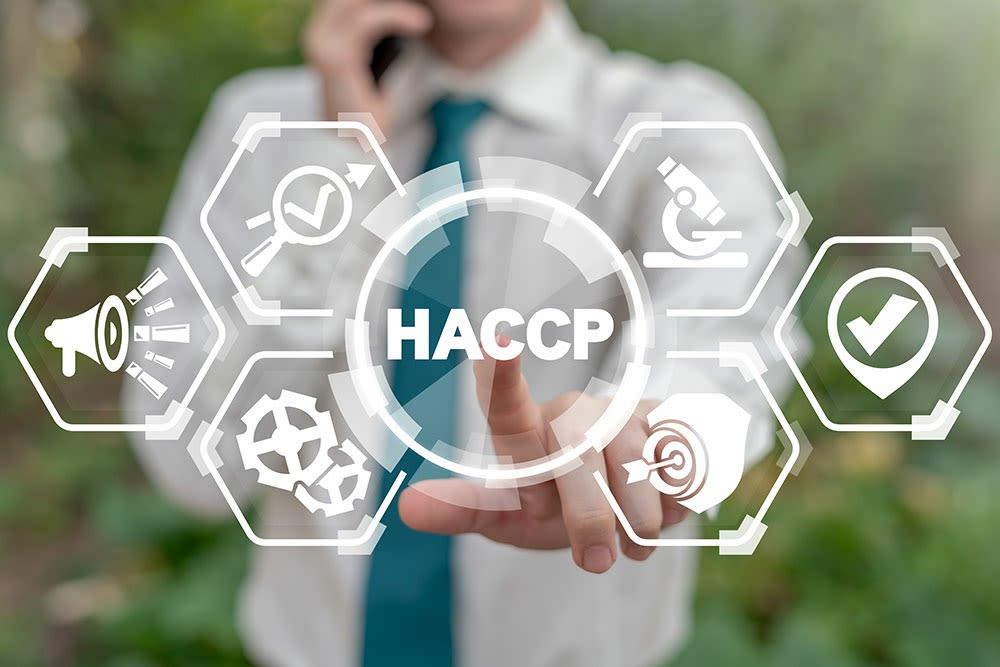


 349,500 Offered Certificates
349,500 Offered Certificates
 24/7 Online Training
24/7 Online Training
 Money Back Guarantee
Money Back Guarantee
 Fully Accredited Courses
Fully Accredited Courses

Created at: 26-02-2025 12:37
In the bustling landscape of Ireland's food industry, from the vibrant streets of Dublin to the picturesque shores of Galway, the significance of food safety cannot be overstated. As consumers become increasingly aware of food safety standards, businesses must stay ahead by obtaining HACCP Certification. This certification is not just a piece of paper; it encapsulates a commitment to hygiene, safety, and quality.
In Ireland, food safety regulations are stringent, designed to protect both consumers and businesses. The Hazard Analysis and Critical Control Points (HACCP) system enables food handlers and managers to identify potential risks in the food preparation process and establish controls to mitigate them. Enrolling in a comprehensive HACCP Training Course is an essential step towards achieving certification and ensuring compliance.
HACCP is built on seven core principles: identifying hazards, determining critical control points (CCPs), establishing critical limits, monitoring procedures, corrective actions, verification, and record-keeping. These principles guide food businesses in systematically ensuring safety throughout the food production process.
Obtaining HACCP certification is not just about compliance; it's about fostering a culture of safety within your organization. By pursuing Food Safety Training and understanding HACCP principles, food business owners and employees can proactively prevent food contamination and uphold hygiene management standards.
With the advancement of digital learning, options for HACCP Training Online have become widely available. These courses cater to the needs of busy food professionals in cities such as Waterford and Belfast, offering flexibility and accessibility. However, in-person training fosters hands-on learning and direct interaction with trainers, which can be advantageous for team-building and practical skill application.
The importance of HACCP certification in the food industry in Ireland cannot be ignored. It not only safeguards consumer health but also enhances your business reputation. Don't wait—enroll in our accredited HACCP Training Course today and take the first step toward ensuring food safety excellence.
If you have questions or need further information, reach out to us at [email protected].